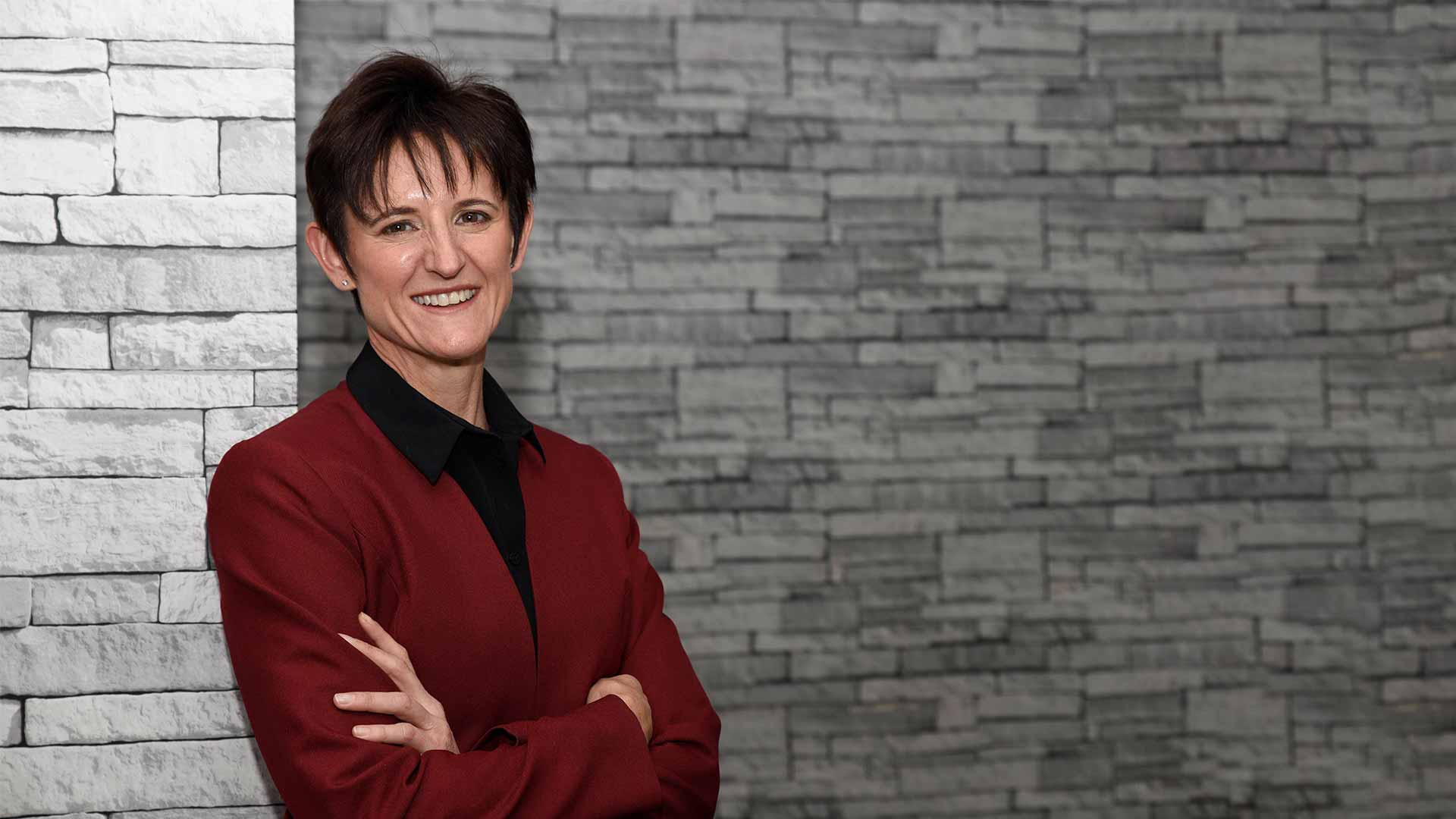Anaesthetic-sensitive patients benefit from ‘wide-awake’ surgical procedures for common hand problems
November 4, 2020
Orthopaedic Surgeon, Dr Odette Koch
‘Trigger finger’ and carpal tunnel syndrome can now be corrected while patients are conscious
Carpal tunnel syndrome (CTS) and ‘trigger finger’, both relatively common painful conditions affecting the hand, can be surgically corrected to restore functionality and relieve discomfort. While these procedures are usually performed under general anaesthetic, certain patients who may not tolerate anaesthetic well can now instead opt to have these minor procedures done while they are conscious.
“For the patient, undergoing ‘wide-awake’ hand surgery is much like having a dental procedure. Local anaesthetic is used to ensure that patients won’t experience any discomfort or pain during the procedure. Some curious patients who are not squeamish have even asked to watch as I performed the surgery on their hand,” says Dr Odette Koch, an orthopaedic surgeon practising at Netcare Pretoria East Hospital.
“General anaesthetic may not be suitable for people with tracheal disorders, medical conditions such as cardiovascular disease, and those who are on blood-thinning medication, and ‘wide-awake’ hand surgery offers them a safer, painless alternative. Some anxious patients actually prefer to be alert during a minor procedure such as those required to correct trigger finger or CTS.”
Trigger finger, known in medical terms as stenosing tenosynovitis, is a condition where a person’s finger locks into a bent position. This painful condition can interfere with everyday activities and most commonly presents in people over the age of 50.
“Trigger finger is often associated with arthritis, and is caused when a tendon in the palm of the hand is obstructed by swelling. The surgery to remove the obstruction and correct the problem provides immediate relief and the patient is able to straighten their finger again with full movement restored. Particularly when this is done as ‘wide awake’ surgery, patients are often astonished that they regain function of the finger as soon as the procedure is completed,” Dr Koch says.
“A procedure called carpal tunnel release surgery offers a solution in cases where more conservative therapies with medication cannot provide relief. The results are not as immediate as for the trigger finger procedure as it takes some time for swelling to subside, but within a few weeks patients begin to feel the difference.”
For suitable patients the ‘wide awake’ surgery option for minor hand pathologies offers a cost-effective alternative, with the added convenience that patients are able to go home directly after their procedure.
“Restoring a person’s hand functionality is very rewarding, as not only do these procedures help to relieve pain but the person regains their independence when they are again able to perform daily tasks using their hands, which many of us take for granted,” Dr Koch says.
“Persons who have previously been unable to have these operations due to risks associated with anaesthetics are now able to benefit from the improved quality of life ‘wide awake’ surgery can deliver.”













